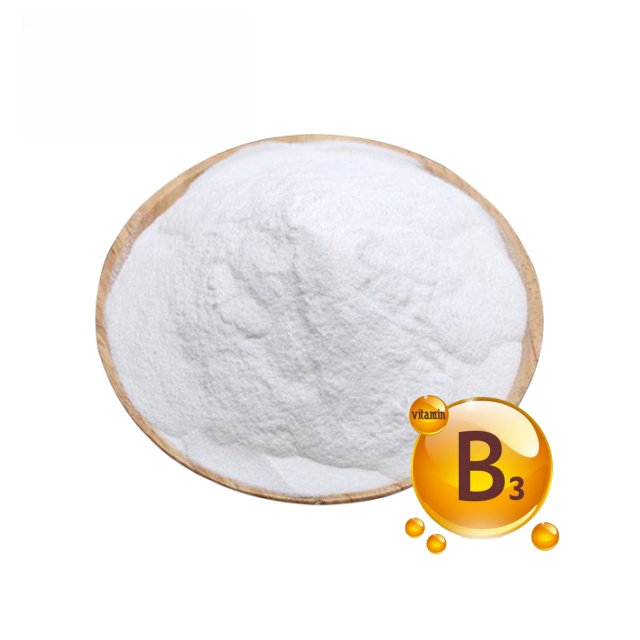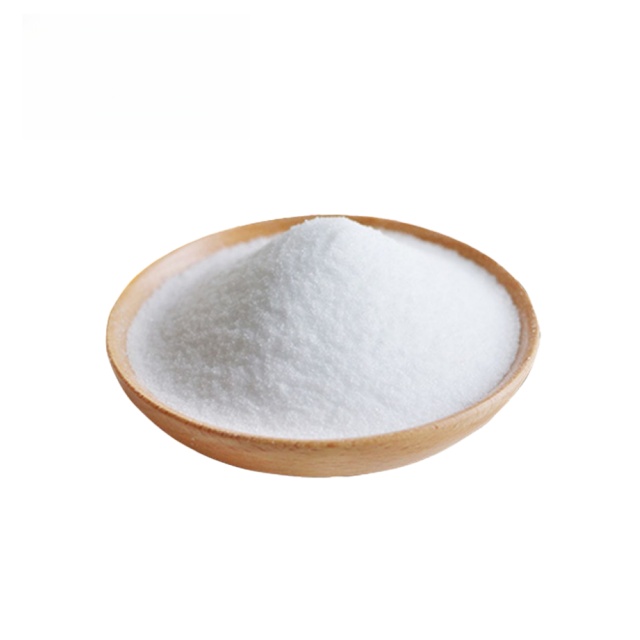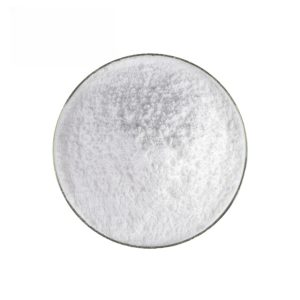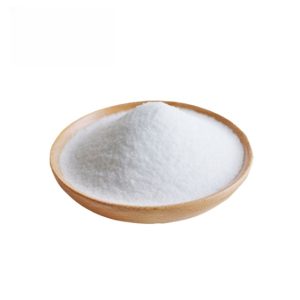Vitamin B3, also known as niacin or nicotinic acid, is a water-soluble vitamin that plays essential roles in various metabolic processes in the body. Here’s a detailed overview of vitamin B3:
Definition and Forms
- Niacin: Niacin refers to both nicotinic acid and its amide form, nicotinamide (also called niacinamide). Both forms have vitamin B3 activity in the body.
Functions
- Energy Metabolism:
- Niacin is involved in the conversion of carbohydrates, fats, and proteins into energy. It acts as a coenzyme in metabolic reactions, such as the citric acid cycle.
- Cellular Respiration:
- It plays a crucial role in cellular respiration by facilitating the transfer of electrons in the electron transport chain.
- DNA Repair and Synthesis:
- Niacin is involved in DNA repair and synthesis, contributing to the maintenance of genetic integrity and cell function.
- Skin Health:
- Niacin helps maintain skin health by supporting the function of the skin barrier and promoting the production of ceramides, which help retain moisture.
- Cholesterol Management:
- It can help lower LDL cholesterol (the “bad” cholesterol) and triglyceride levels while increasing HDL cholesterol (the “good” cholesterol), thus supporting cardiovascular health.
- Nervous System Function:
- Niacin is important for the proper functioning of the nervous system and may have neuroprotective effects.
Food Sources
- Niacin is found in a variety of foods, including:
- Meat (such as beef, poultry, and pork)
- Fish (such as tuna, salmon, and mackerel)
- Whole grains (such as wheat, barley, and oats)
- Legumes (such as beans, lentils, and peanuts)
- Nuts and seeds (such as almonds, sunflower seeds, and peanuts)
- Vegetables (such as mushrooms, avocados, and potatoes)
- Dairy products (such as milk and eggs)
Recommended Daily Intake
- The recommended daily intake of niacin varies depending on age, sex, and life stage. For adults, the recommended dietary allowance (RDA) is typically around 14-16 mg per day for men and 12-14 mg per day for women.
Deficiency and Toxicity
- Niacin deficiency can lead to a condition called pellagra, characterized by symptoms such as dermatitis, diarrhea, dementia, and death if left untreated.
- Excessive intake of niacin supplements may cause niacin flush, liver damage, and other adverse effects.
Conclusion
Vitamin B3 plays vital roles in energy metabolism, DNA repair, skin health, cholesterol management, and nervous system function. It is essential to obtain an adequate intake of niacin through a balanced diet rich in niacin-containing foods to support overall health and well-being. If necessary, supplementation should be done under the guidance of a healthcare professional to prevent adverse effects.




Reviews
There are no reviews yet.